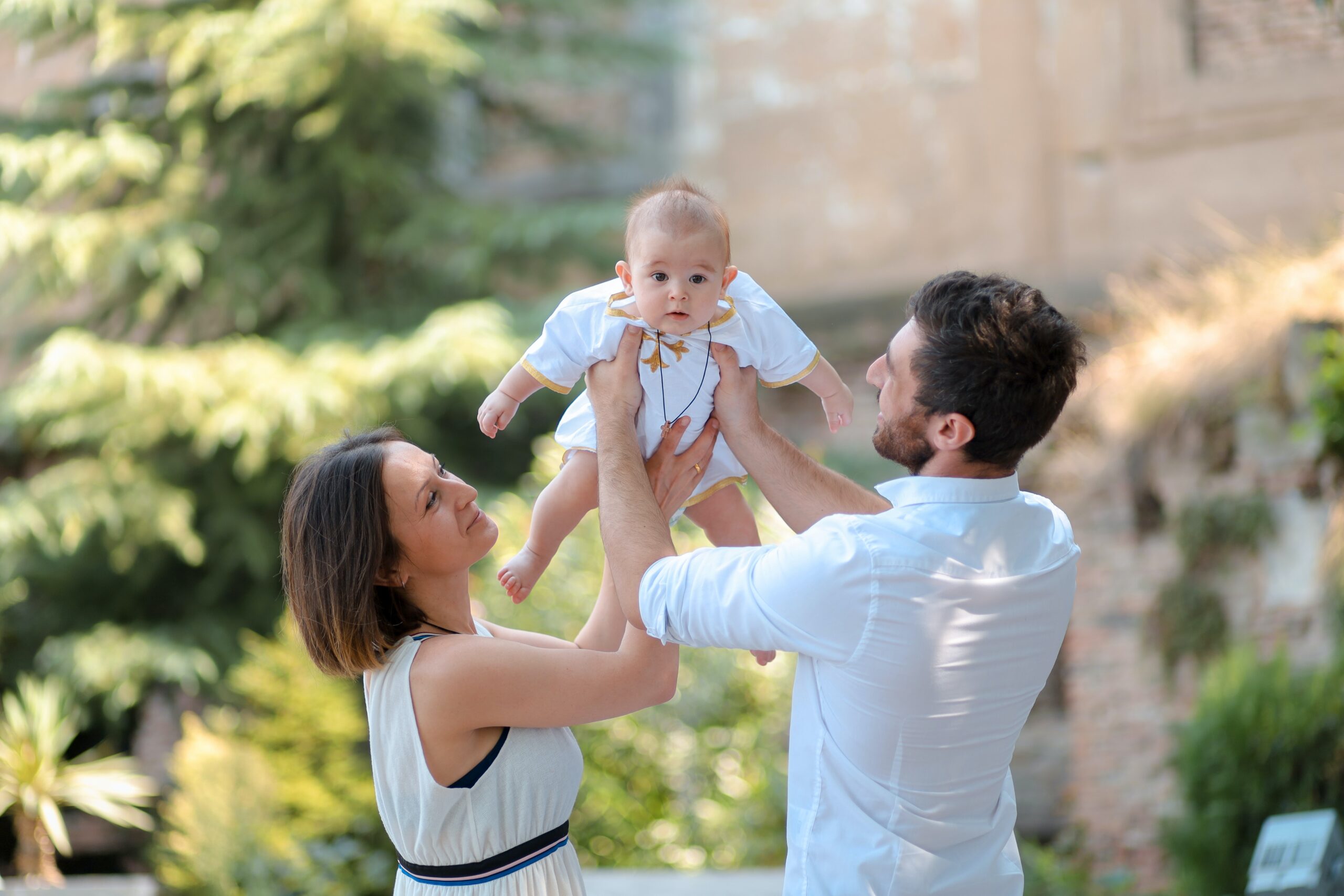Caring for a baby can be overwhelming, especially when they are the firstborn. With so many things to think about and decisions to make, it’s only natural that you may have questions or need advice on the best ways to keep your little one healthy.
To help make things easier, we’ve put together our top tips on what you should focus on when caring for your baby’s health. From diet and nutrition to sleep schedules, exercise routines, and more, read through these helpful strategies to ensure your baby is given the best possible start in life.
Vaccinate
It’s critical to ensure your child is given the essential vaccinations on time. Depending upon where you reside, there might be various requirements for vaccination plans, so it’s ideal to talk to your doctor and ensure that everything is up-to-date. Vaccinations can protect against sicknesses like measles, mumps, rubella, pertussis, and more.
Also, try to keep copies of your child’s vaccination records handy. Not only will this come in handy for future check-ups, but it might likewise be required if you intend to travel outside the country.
Observe Your Baby Closely
Babies show signs of distress or development during the first few months of delivery. That’s the time you must really be on your guard. Pay close attention to their physical development and be aware of any changes in behavior. It will help you identify any medical issues.
Erb’s palsy, for instance, is a condition that causes nerve damage in the arm and shoulder. The symptoms are arm weakness and loss of motion. Erb’s palsy usually occurs during labor if the baby is pulled out with too much force. In case of medical malpractice, you can file an Erbs palsy lawsuit for compensation. You can use those funds to treat your child then.
Manage Your Home for Germ Exposure
Germs can be present in places you may not expect, including dresser drawers and countertops. To reduce germ exposure for your baby, make sure to keep their environment as clean as possible by wiping down surfaces with an antibacterial cleaner. Additionally, wash your hands thoroughly between tasks—such as changing diapers or preparing food—and always before handling the baby.
However, don’t go overboard with the cleaning routine. Over-sanitizing can be counter-productive as it removes beneficial bacteria and can put your baby at greater risk for infection.
Dress Your Baby Appropriately
Babies are incredibly sensitive and fragile, so dress them appropriately for the ongoing temperature. In colder months, babies can get immediately chilled, so it’s essential to bundle them up in warm, comfortable clothing and blankets. Keep an eye on your baby’s skin tone—if their hands or feet start to begin blue, they’re most likely too cold!
On the other hand, during warm months, keep your child cool and out of direct daylight as much as possible. If it’s too hot outside, dress them in lightweight attire and use a sunhat with a brim if necessary.
Ensure Your Baby’s Hydrated
If your baby is mature enough to drink water, ensure they are hydrated over the course of the day. Your little one will not regularly drink that much (around 4-8 ounces every day), but it’s still vital to offer them some sort of refreshment now and then. You should likewise pay attention to signs of dehydration like vomiting, feeling tired and cranky, or having dry lips or mouth. Ensuring your youngster is hydrated is vital to keep their energy moving forward and ensure they are getting sufficient nourishment.
Remove Footwear in the House
Babies can be susceptible to germs and bacteria, especially if they crawl around on the floor. To help reduce your baby’s exposure to these contaminants, make sure that all family members remove their shoes when entering the house and always keep them clean. Vacuum regularly and mop with a disinfectant every so often to ensure a healthy environment for your little one.
Moreover, it’s also important to keep an eye on your baby when they explore, as some objects around the house may contain small parts that could be dangerous. Keep a watchful eye and remove any items of concern if necessary.
Check Spaces for Hazards
Safety is always the first concern when caring for an infant. Try to consistently check each area of your home, particularly those that your youngster approaches, in order to eliminate any possible risks. This includes checking cords, plugs, or electrical outlets, placing locks on cabinets and drawers containing unsafe objects, and getting small items away from the child’s reach.
Moreover, it is crucial to keep an eye out for any sharp edges, loose screws, or whatever else that might cause injury. Also, adding railings along the stairs and installing safety latches on windows can assist in ensuring your child’s safety.
Brush Their Teeth
It’s vital to start proper dental hygiene for your baby right away. It can assist them with keeping away from future issues and establishing healthy habits after some time. Try using a soft, clean cloth or toothbrush designed specifically for children to clean their teeth two times every day, preferably after meals.
Likewise, if you notice anything odd about their teeth, such as staining, pits, or grooves, contact your dentist specialist for additional assessment. In addition, use toothpaste that doesn’t contain fluoride, which can be dangerous for small kids.
Conclusion
Parenting a baby can be rewarding and overwhelming all at the same time. It should be noted that the care your baby needs to stay healthy is quite extensive. No matter where you are on your parenting journey, prioritize your little one’s health. As parents, you have a special responsibility to care for their basic needs and protect their overall well-being. Your baby can live a long and healthy life with some knowledge and dedication. Don’t be afraid to ask for help when needed—plenty of qualified healthcare professionals understand the challenges of new parenthood and can provide sound advice.
